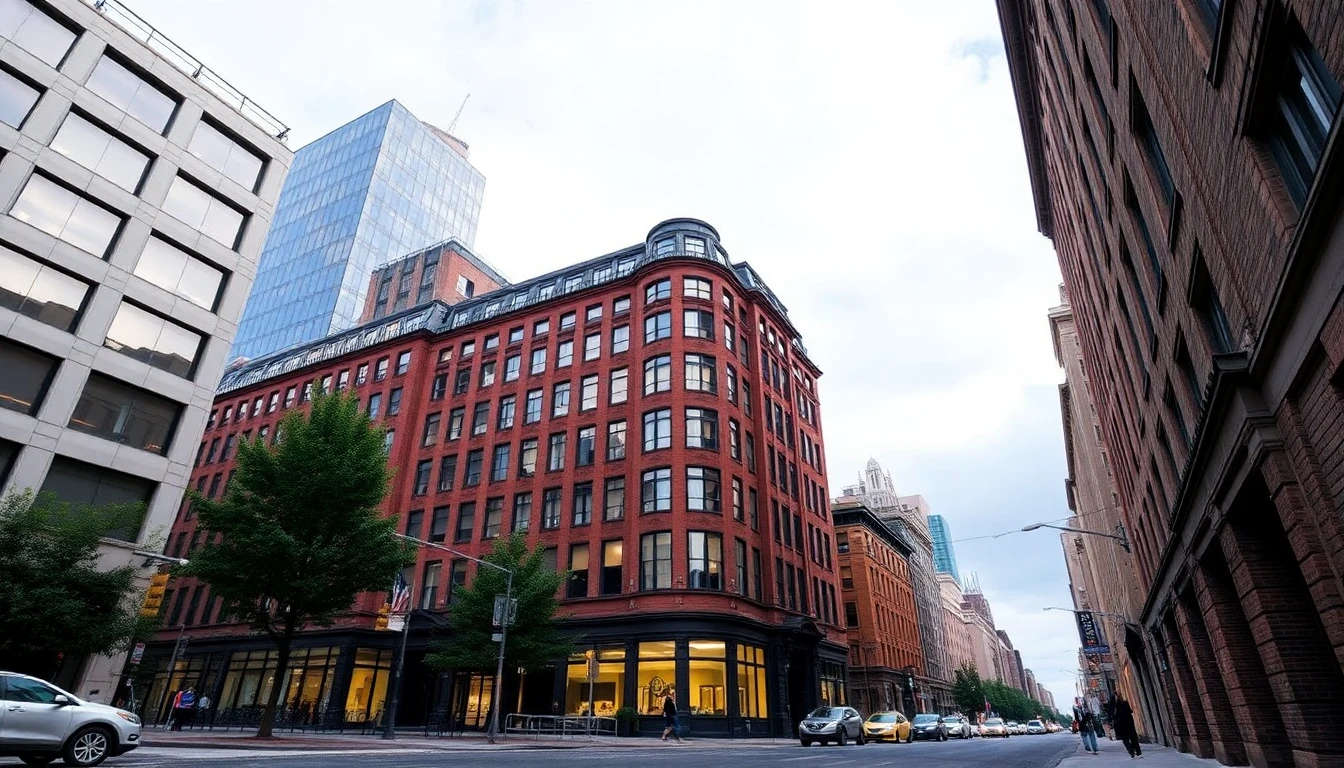
Facing an unprecedented downturn, landlords are faced with a painful decision: finance vital retrofits that would put their buildings in a position to cope with the climate, or further devaluation. In a report from Bloomberg dated September 30, 2024, financing these vital upgrades also brings increased financial risks associated with an economic slump.
The brunt of this has been felt particularly in the worldwide office property sector, as vacancies rise and rental incomes have continued to plunge. This rather highlights the sobering financial burdens entailed in making properties compliant with the increasingly stringent climate regulations. Major centers such as New York, London, and Tokyo are cities where top-tier office spaces remain unsold.
Matters are not helped by the fact that environmental regulations on reducing carbon footprints and improving energy efficiency have picked up significant steam across the world. Most of these mandates involve rather expensive investments in heating, ventilation, air-conditioning systems among other energy-efficient technologies. But when the market is down, landlords face the paradox of spending heavily to upgrade without the promise of immediate financial returns.
"The dilemma for landlords is whether to invest now and risk losing liquidity, or to hold off and face potentially even higher costs and penalties down the road," said James Richards, an analyst with Real Estate Economics Advisory. "Neither choice is risk-free, and the stakes have never been higher."
Adding to that complexity, financial institutions are increasingly becoming wary of lending money for properties that do not meet current or future climate standards. This further heightens the financial burden on property owners who are already barely surviving on dwindling streams of income and increasing expenses.
But for tenants, too, the uncertain climate is not without a problem. Companies are increasingly looking for eco-friendly office space to meet their own sustainability goals and present a green image to stakeholders. Thus, buildings that fail to meet modern environmental standards are not just not earning new tenants but face the prospect of losing existing ones.
And the costs are by no means trivial. By industry estimates, it may take millions of dollars to bring an older office building up to current standards of climate efficiency. Meanwhile, the potential risks and rewards have to be weighed-particularly since the long-term benefit of energy efficiency often takes years to crystallize into hard cash.
According to the Bloomberg report, some landlords are incrementally upgrading their properties. Emphasizing the most salient elements-such as insulation and upgrades of old HVAC systems-can help balance immediate cost against gains from long-term benefits. This is practical but not necessarily safe from the risks involved, at least until the market improves.
"It's a tightrope walk," said Sandra Mills, a property consultant who specializes in sustainable real estate. "The key is to be strategic with which upgrades to implement first and to secure financing under the most favorable conditions possible. But even the best-laid plans go awry without a robust tenant base.
Without a clear sense of when the commercial real estate slump will actually end, the roadmap for how landlords are supposed to move forward remains murky. On the other hand, the need to take action concerning climate matters is certainly more apparent than ever from both the regulatory viewpoint and that of the long-term survival of the industry. It's in making these decisions together that property owners and tenants alike will determine the future of the industry for a generation.
The multifaceted nature of this crisis means that as the commercial real estate market continues to navigate it, innovation and adaptation in a secure and prosperous future will require collaboration on the part of all the players in the field.
#OfficeSlump #ClimateRegulations #RealEstate #Sustainability #PropertyInvestments #CommercialRealEstate #EnergyEfficiency
Author: Daniel Foster




